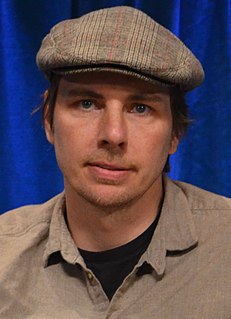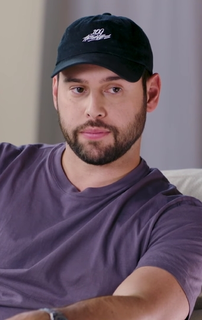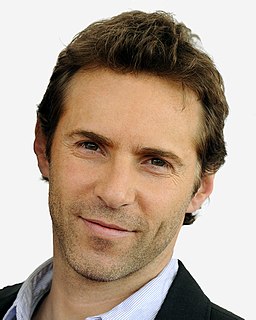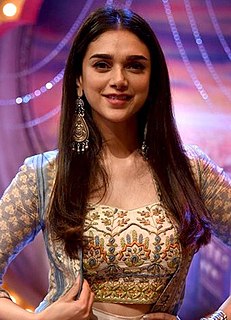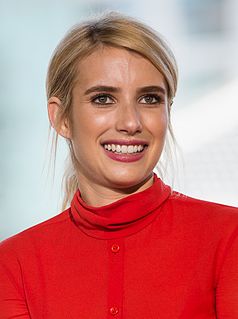A Quote by Julie Taymor
When I'm working as a director, I might have an idea of my own but I'm also trying to get great ideas out of my actors. Directing is much more psychological - it's a lot like being a general. And you have to be organized. While you're making a film, you have between 2 and 500 people asking you a billion questions.
Related Quotes
Because 98 percent of our ideas are not great ideas, or everyone would be a billionaire. So yeah. That's something people have had a lot of experience in: being told our idea is bad or our performance is bad. I think that's the one common thread between all working actors is that they have a pretty thick skin - or you'd like to hope. You're used to rejection, that's for sure.
Well, actors get very frustrated with giving control to other people. They have their own ideas and wants for their characters. Warren Beatty once told me that he thought actors ended up directing out of frustration. If you have a strong sense of how to communicate a film, you should direct. The problem is that it is a huge commitment. I'd rather direct a play than a film due to the time. A movie can tie you up for a year or more.
I learned a lot from Clint [Eastwood], who's an extremely economic director. I learned a lot from Michael Winterbottom, who really gave a lot of trust in the actors and allowed them to live in the space instead of trying to manipulate and make it too set and too staged. Working with [Robert] De Niro taught me a lot of being an actors' director and what that is. I've learned a lot from pretty much everybody. Hopefully I've picked up something from everybody I've worked with.
A lot of the time with child actors, you get the feeling they’re trying to have a kind of poise or presentation that’s beyond their years that might be put on, but also might be because they’ve spent years just hanging out with adults and they don’t even have a sense of what it’s like to grow up with kids their own age.
A lot of the time with child actors, you get the feeling they're trying to have a kind of poise or presentation that's beyond their years that might be put on, but also might be because they've spent years just hanging out with adults and they don't even have a sense of what it's like to grow up with kids their own age.
It's always great when a director is just supportive of what you're doing. They're not so much critiquing you but giving you more ideas, giving you tons of things to work with, making you question your character and making you think about it... and making it seem like everything is limitless. That usually helps a lot.
Directing doesn't appeal to me. I'm much more in the world of ideas. My husband is a director, and I understand what it takes to direct. It's a skill set where you have to be able to talk to actors and understand them, and I don't. It's a very different way of being in the world, and I much prefer writing and producing.
Stepping out of the director's chair completely and into a scene as an actor was weird. It was more excitement about directing than anything, but I was on a high from being a director and enjoying that process so much that going back to being an actor was almost secondary because I really was loving directing.
Its always great when a director is just supportive of what youre doing. Theyre not so much critiquing you but giving you more ideas, giving you tons of things to work with, making you question your character and making you think about it... and making it seem like everything is limitless. That usually helps a lot.
As a director you have to be at 30,000 ft objectively looking at everything, wondering if you're making the right objective, emotional, story, character choices. As the writer, while you're asking all of those same questions, you're also forced by the nature of what writing is to be looking at everything under a microscope. That's the difference between the two jobs.

